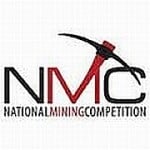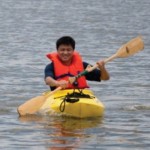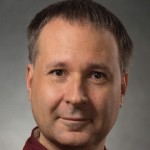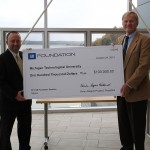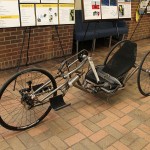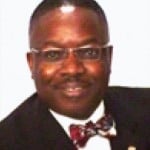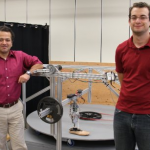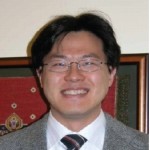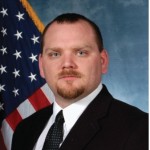 The Department of Mechanical Engineering – Engineering Mechanics Graduate Seminar; Thursday, Nov. 14, 2013 4:00 – 5:00 p.m. Room 112, ME-EM Bldg
The Department of Mechanical Engineering – Engineering Mechanics Graduate Seminar; Thursday, Nov. 14, 2013 4:00 – 5:00 p.m. Room 112, ME-EM Bldg
Title: Space Engineering for the Department of Defense
“Space Engineering for the DoD: Designing and operating spacecraft for the Department of Defense is a different experience entirely than what is found in the more understood civil and commercial spacecraft engineering communities. Historical inertia, organizational bureaucracies, protection concerns, and stringent manufacturing standards all combine to complicate the acquisition of space systems for national security. This talk will present a brief history of DoD space, identify the mission classes DoD is tasked to provide for national security, and address loss of capabilities (as well as efforts to recapture) as a result of various acquisition reforms in the 90’s. The talk will conclude with an outlook for the way forward in DoD space as well as some recommendations for how US academia can interact with DoD to overcome some of these hurdles.”
Dr. Brandon “B.T.” Cesul is the Lead, Technical Assessments, Space Threat Assessment Cell assigned to the Office of Director of National Intelligence, as well as a Principal Intelligence Analyst in the Counterspace Analysis Squadron, National Air and Space Intelligence Center (NASIC), Wright-Patterson AFB, Ohio. NASIC is the Air Force and Defense Department Center of Excellence for all-source air and space intelligence, and supports Air Force and joint operational, acquisition and policymaking customers at the national level. Dr. Cesul is currently responsible for supervising the production of national level threat baselines used by DoD and DNI space acquisition customers as well as overseeing the production of intelligence analysis products on foreign counterspace weapon systems. Dr. Cesul began his career as a Satellite Systems Engineer at NASIC in 2002 specializing in foreign intelligence, surveillance and reconnaissance (ISR) satellites, as well as supervising a research effort in estimating worldwide development of small satellite technologies. He served as Team Lead for Orbital ASAT analysis from 2007-2013. Dr Cesul has been a contributing author on three National Intelligence Estimates, and author of multiple studies and briefings. In addition to being a winner of the WPAFB Civilian of the Year-Category II, a 2-time winner of the NASIC Civilian of the Year, and a Commanders Award for Merit winner, and the Squadron Civilian of the Year Cat II and Cat III. Dr. Cesul was selected in the initial class of AFISRA’s Sensor Spotlight awardees. He received his Bachelor’s (with honors) and Master’s degree from the University of Michigan. While in Ann Arbor he was elected into Sigma Gamma Tau & Tau Beta Pi engineering honor societies, was a project manager for the ICARUS student satellite team, and a student director of the Student Space Systems Fabrication Laboratory (S3FL). He received his Ph.D. from the Air Force Institute of Technology.
